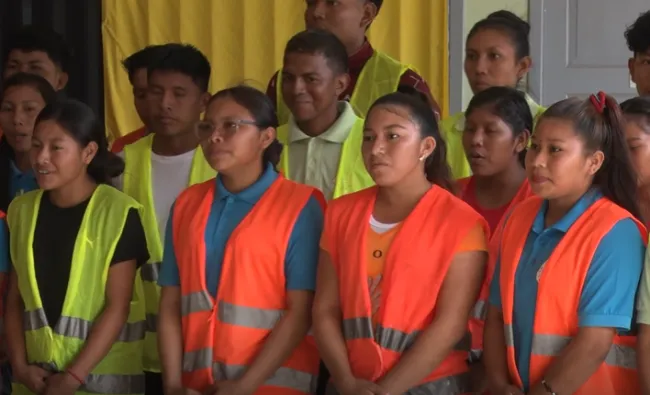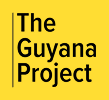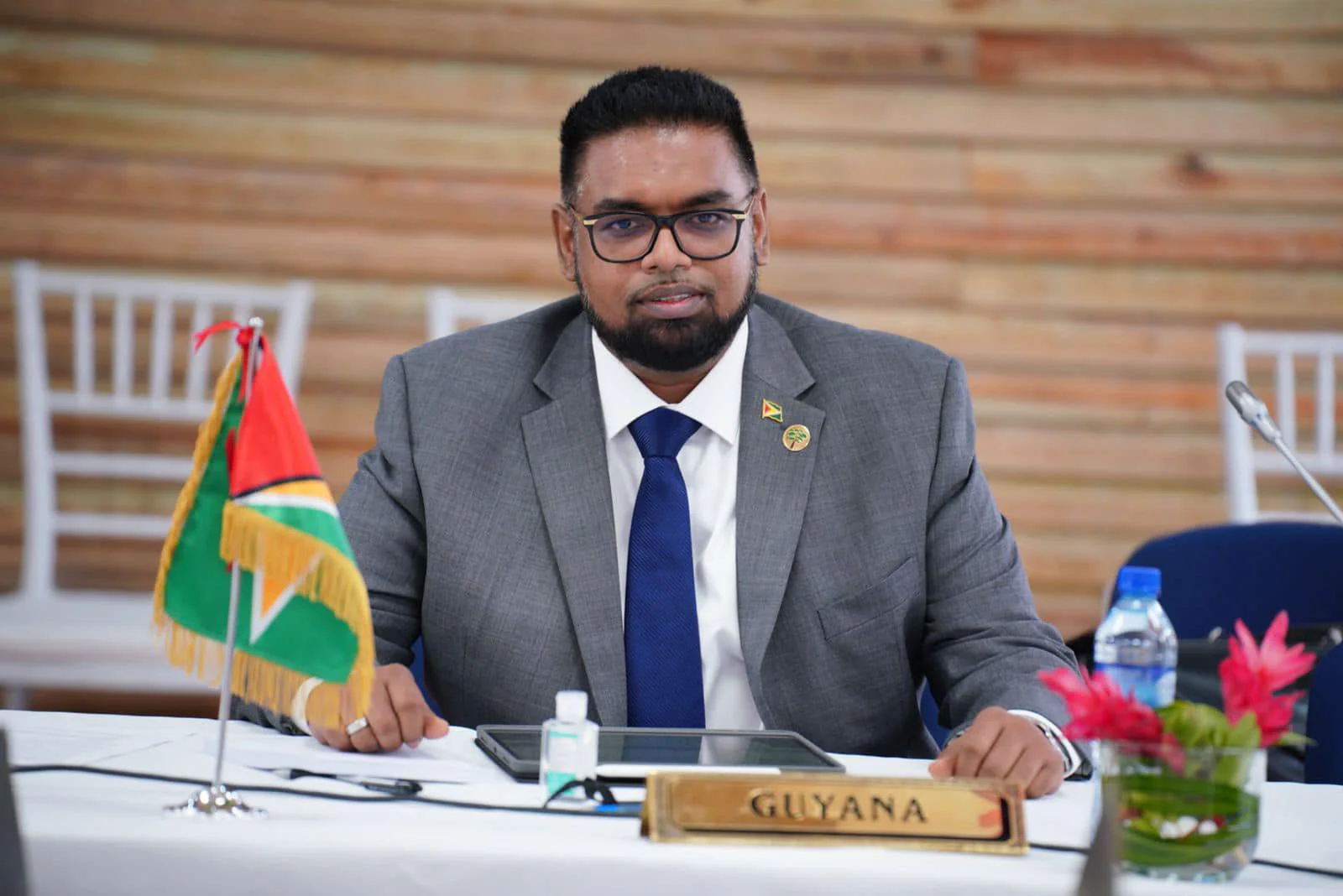Close

Amerindian communities in Region One (Barima–Waini) are experiencing renewed support for grassroots development through the strategic reinstatement of Community Support Officers (CSOs). Since 2020, over 150 CSOs have been placed across villages in the region, reinforcing a commitment to inclusive governance and sustainable community advancement.
The CSO programme plays a vital role in bridging the gap between central government initiatives and the daily realities of village life. These officers—drawn from within their own communities—serve as key facilitators of development, helping to implement local projects, monitor village-level initiatives, and support essential services. Their presence not only enhances administrative coordination but also ensures that indigenous voices are represented in decision-making processes at every level (Ministry of Amerindian Affairs).
By reinstating over 150 CSOs, the government has delivered more than jobs—it has rebuilt a structure of local leadership rooted in cultural knowledge and community trust. These officers serve as a conduit for empowerment, assisting village councils with project reporting, youth engagement, agricultural support, and the management of grant-funded initiatives. In doing so, they help to sustain the economic and social fabric of remote communities (Ministry of Amerindian Affairs).
Importantly, this renewed focus on local human capital development contributes to broader national objectives around decentralisation and equity. Amerindian communities—often geographically isolated—now benefit from consistent, community-based administrative capacity that strengthens their autonomy and responsiveness. It also fosters continuity in development efforts, reducing the fragmentation that can arise from project turnover or leadership transitions.
In the context of Region One’s diverse terrain and socio-economic conditions, the CSO programme is uniquely positioned to make a lasting impact. The officers are equipped with the training and tools to deliver real value—from supporting village economies and coordinating youth programmes, to ensuring the smooth execution of infrastructure and environmental projects.
This approach affirms the principle that development should not bypass the most remote communities. Instead, it must include and uplift them with purpose and respect for local traditions. The CSO initiative reflects this principle in action, serving as a practical model of community-centred development that empowers Amerindian peoples to shape their own futures (Ministry of Amerindian Affairs).
As Region One continues to evolve, the strengthened CSO network stands as a testament to meaningful engagement—one where progress is measured not only by statistics, but by the restoration of local leadership and the revitalisation of community pride.

The Guyana Project is an independent media platform delivering fact-checked, ground-level reporting on politics, economy, and public life in Guyana. With a focus on transparency and development, we bring unfiltered news and thoughtful analysis to help shape a more informed, forward-looking nation.

Revitalising Local Leadership in Region One Through Community Support Officer Programme

Lorem Ipsum is simply dummy text of the printing and typesetting industry. Lorem Ipsum has been the industry’s standard dummy text ever since the 1500s, when an unknown printer took a galley of type and scrambled it to make a type specimen book. It has survived not only five centuries, but also the leap into electronic typesetting, remaining essentially unchanged. It was popularised in the 1960s with the release of Letraset sheets containing Lorem Ipsum passages, and more recently with desktop publishing software like Aldus PageMaker including versions of Lorem Ipsum.
t is a long established fact that a reader will be distracted by the readable content of a page when looking at its layout. The point of using Lorem Ipsum is that it has a more-or-less normal distribution of letters, as opposed to using ‘Content here, content here’, making it look like readable English. Many desktop publishing packages and web page editors now use Lorem Ipsum as their default model text, and a search for ‘lorem ipsum’ will uncover many web sites still in their infancy. Various versions have evolved over the years, sometimes by accident, sometimes on purpose (injected humour and the like).
Contrary to popular belief, Lorem Ipsum is not simply random text. It has roots in a piece of classical Latin literature from 45 BC, making it over 2000 years old. Richard McClintock, a Latin professor at Hampden-Sydney College in Virginia, looked up one of the more obscure Latin words, consectetur, from a Lorem Ipsum passage, and going through the cites of the word in classical literature, discovered the undoubtable source. Lorem Ipsum comes from sections 1.10.32 and 1.10.33 of “de Finibus Bonorum et Malorum” (The Extremes of Good and Evil) by Cicero, written in 45 BC. This book is a treatise on the theory of ethics, very popular during the Renaissance. The first line of Lorem Ipsum, “Lorem ipsum dolor sit amet..”, comes from a line in section 1.10.32.